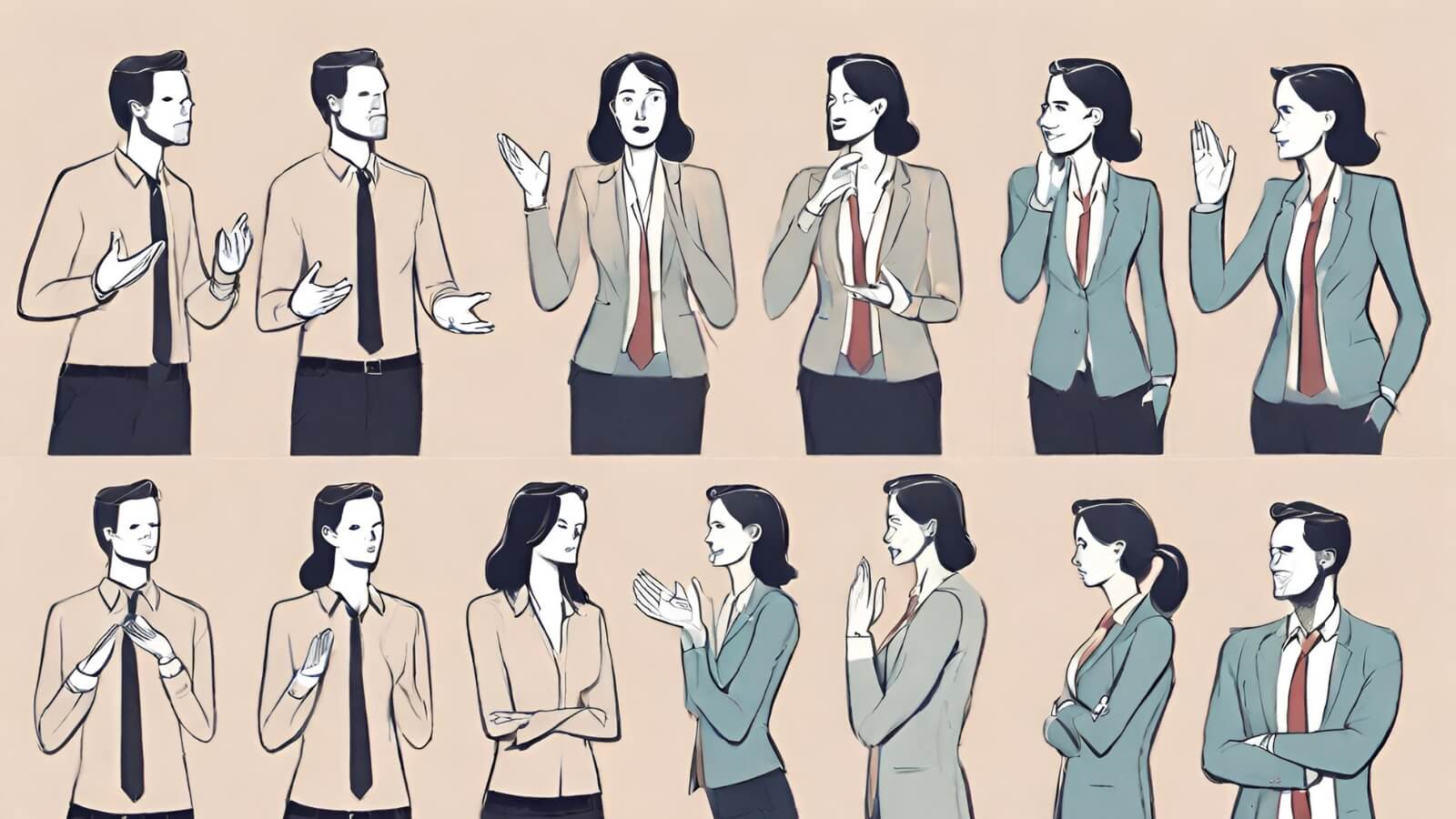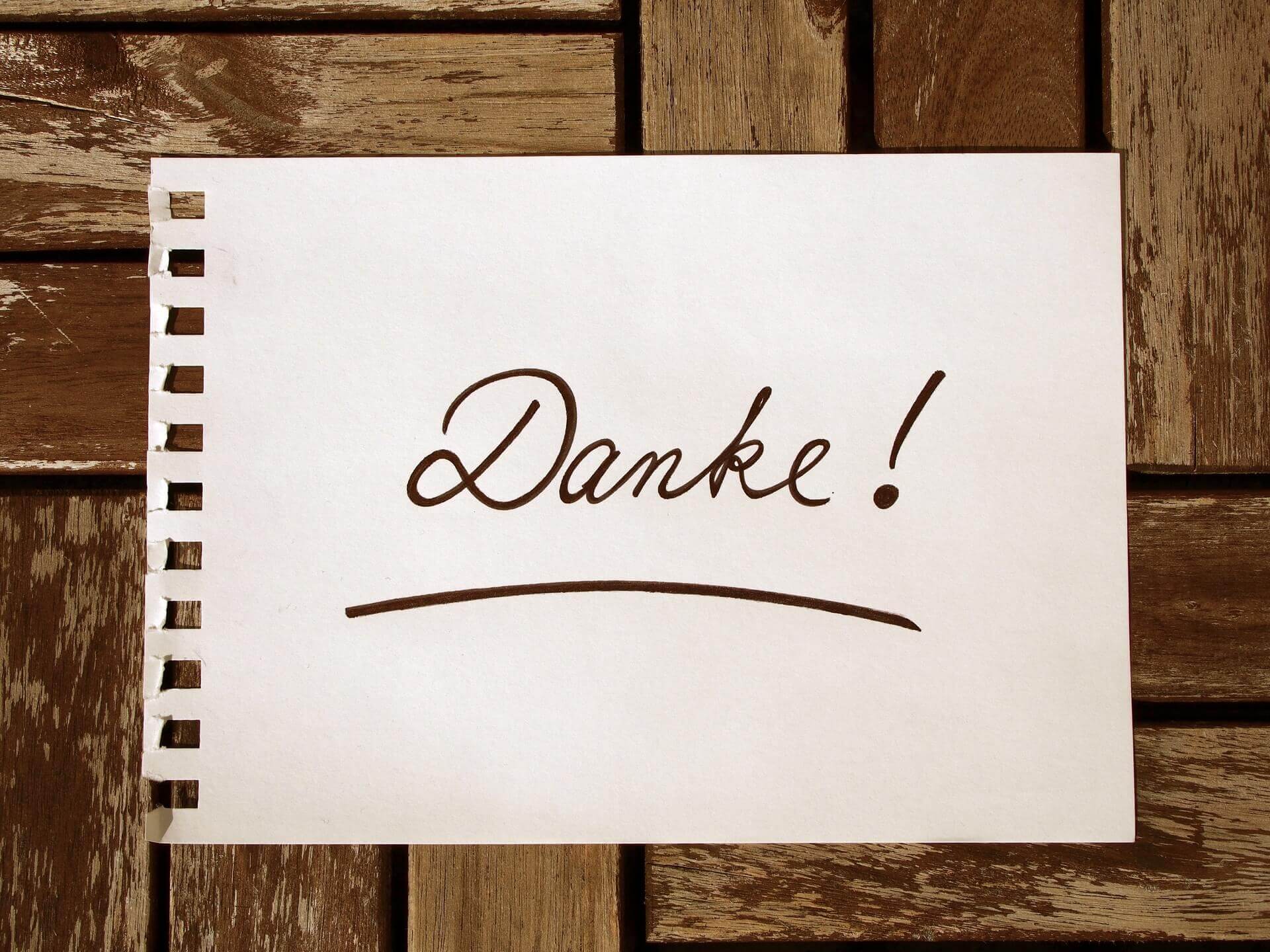Body language plays a pivotal role in shaping our interactions and the impressions we leave on others. Particularly in high-stakes situations like job interviews, mastering the nuances of body language can significantly impact your chances of success.
This blog post delves into essential body language dos and don’ts, offering practical examples and highlighting the consequences of overlooking these guidelines. With insights from Jappreet Sethi, a renowned HR leadership coach and expert.
The Power of Non-Verbal Communication
Firstly, let’s acknowledge the undeniable influence of body language in communication. As Jappreet Sethi aptly puts it, “Your body language speaks volumes before you even utter a word. It’s the unspoken pitch that can clinch the deal in your favor or against you.” This statement underscores the need to be acutely aware of our non-verbal cues, especially during critical moments like interviews.
Common Body Language Mistakes
Hands in Pockets: Keeping your hands in your pockets might seem like a comfortable stance, but it signals nervousness or a lack of confidence. For instance, consider a candidate named Alex, who, unaware of this, kept his hands in his pockets throughout the interview. The interviewers perceived Alex as uninterested and disengaged, significantly diminishing his chances of landing the job.
Crossing Arms: This posture is often interpreted as defensive or closed-off. Imagine Sarah, who crossed her arms during a challenging question. This non-verbal cue suggested to the interviewer that she was not open to feedback, casting a shadow on her otherwise strong application.
Holding Items in Lap: Clutching a handbag, briefcase, or portfolio in your lap can suggest you’re in a hurry to leave. John, who made this mistake, appeared anxious and ready to bolt, leaving a negative impression on his potential employers.
Slouching: Poor posture, such as slouching, conveys a lack of interest and professionalism. Emily, who slouched during her interview, was seen as lacking enthusiasm for the position, overshadowing her qualifications.
Avoiding Eye Contact: Failing to maintain eye contact can be perceived as a lack of confidence or honesty. When Michael looked away while answering questions, it raised doubts about his sincerity and engagement level.
Fidgeting: Actions like shaking a leg, tapping a foot, or drumming nails are distracting and signal nervousness. A candidate named Lisa, who continuously tapped her foot, was perceived as anxious and unprepared.
Staring Off: Looking at the wall or floor instead of the interviewer screams disinterest. David, who made this error, appeared disengaged, greatly hurting his chances.
Over-Relaxation: Appearing too relaxed, such as leaning back too far, can seem disrespectful or overly casual. Kevin’s relaxed posture made him appear unprofessional, not matching the interview’s serious tone.
Rubbing Your Nose: This gesture is sometimes seen as a sign of deceit. When Nicole rubbed her nose while making a point, it inadvertently cast doubt on her honesty.
Leaning Too Close: Invading the interviewer’s personal space can be uncomfortable and inappropriate. Emma, who leaned forward excessively, made her interviewer feel crowded, negatively affecting the interaction’s dynamics.
The Impact of Neglecting Body Language
Neglecting these aspects of body language can have dire consequences, ranging from being perceived as unprofessional to being outright dismissed as a suitable candidate. Sethi warns, “Ignoring the subtle cues of body language is akin to walking into an interview blindfolded. You miss out on the chance to project confidence and capability.”
Strategies for Success
To counteract these pitfalls, focus on maintaining open, engaged postures, practicing good eye contact, and ensuring your non-verbal cues match your verbal messages. Remember, your goal is to convey confidence, professionalism, and readiness for the role.
Final Thoughts
As you prepare for your next interview, recall these body language tips to ensure you’re presenting yourself in the best possible light. “Body language can be the deciding factor in your interview success,” Sethi reminds us. “Mastering it not only helps you make a positive first impression but also bolsters your overall communication effectiveness.”
By being mindful of your body language and actively working to improve it, you give yourself a significant advantage in the job market. So, the next time you step into an interview, remember: your body speaks as loudly as your words. Let it speak of confidence, professionalism, and the readiness to take on new challenges.
This comprehensive guide not only equips you with the knowledge of what to avoid but also steers you towards non-verbal communication strategies that can set you apart in your next job interview. Remember, body language is a powerful tool in your











This content is good and waiting for more post.
Hi to every one, it’s in fact a nice for me to go to see this site, it contains valuable
Information.